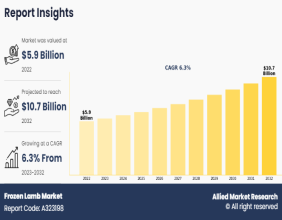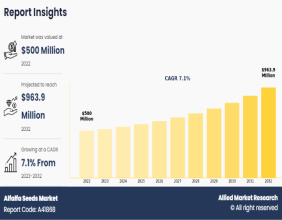Highlights
- Due to Ukraine-Russia war, inflation has started to take a toll on world economy.
- Gold often tops the list of assets when it comes to protect the purchasing power of money.
- When inflation rises, central banks tend to increase interest rates to curb inflation, which further increases the interest investors get on floating-rate bonds.
Since the beginning of 2022, inflation worries have been mounting globally. The US recently recorded a 40-year high inflation while for New Zealand as well as the UK, inflation is at a 30-year high. These soaring figures are enough to remind investors about protecting their portfolios from inflation’s massive blow.

Image Source: © 2022 Kalkine Media®
While investing, it is important to target inflation adjusted returns, especially if you are in for a long haul. During high inflationary period, stocks tend to witness selling pressure as companies’ earnings outlook deteriorates, owing to inflation. However, there are some effective hedges against inflation that could help minimise the hit investors take. Let us discuss three of them.
Read More: Three stock market movies every investor must watch
-
Gold
Gold is considered to be an age-old hedge against inflation. Since centuries, people have been parking their money in the yellow metal to fight inflation. In old times, many of the world’s currencies were also backed by this precious metal.
Although, one can’t expect gold to keep up with inflation in the short term, but over the long term, the yellow metal has lived up to its reputation for giving investors some cushion during inflationary periods. Gold often tops the list of assets when it comes to protecting the purchasing power of money.
2. Floating-rate bonds
A bond is an asset that lets the issuer secure money in the form of a loan on which a fixed interest is paid. A floating-rate bond is the same instrument but with a variable rate of interest which keeps on changing with a set benchmark such as country’s interest rate.
When inflation rises, central banks tend to increase interest rates to curb inflation. This also increases the benchmark and hence these bonds adjust to give more interest.
3. Real estate
Investment in real estate has also been proven to be a good hedge against inflation. During high inflation, housing prices also rise and hence, the rents received also tend to increase. However, not many investors are able to directly invest in real estate due to the requirement of high capital.
For retail investors, there is an option of Real Estate Investment Trusts (REITs) which are listed on a stock exchange and manage properties worth billions of dollars. This is one of the easiest ways to take exposure to real estate assets via stock market and with limited money.
Bottom Line
Due to the Ukraine-Russia war, inflation has started to take a toll on world economy. With commodities’ prices on the rise, major economies are witnessing their highest inflation in decades. This is the time when it becomes imperative to protect one’s portfolio from inflation and diversify across different assets.
Read More: Three timeless lessons for investors from billionaire Ray Dalio




